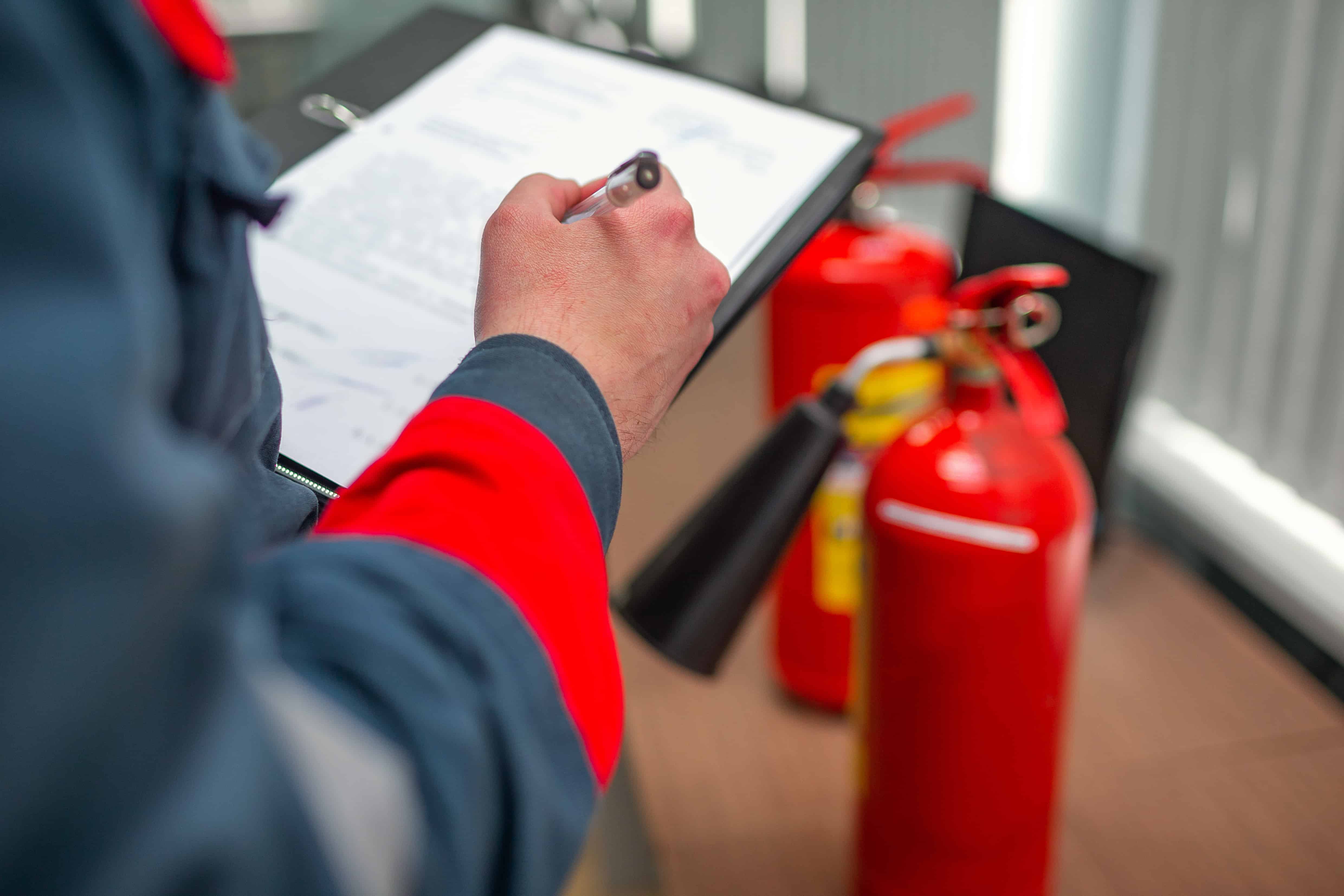
07 Nov Japanese and Korean associations refute developments on potential restrictions which would hamper fire safety
Several relevant associations in both Korea and Japan are refuting developments on potential restrictions which would hamper fire safety by penalizing flame retardants (FRs), substances which play an essential role in protecting people’s lives and property from the threat of fire by either preventing or slowing down ignition.
An example of actions taken in this direction is the industry meeting organized by the Korea Electronics Association (KEA) to discuss Canada’s proposed ban of decabromodiphenyl ethane (DBDPE) and Washington State’s proposed restrictions on organohalogen flame retardants (OFRs). Attended by leading figures from the electronics and chemical industries, the meeting was an occasion to focus on the international current regulatory landscape and its development, with a special focus on the possible negative implications on trade and competitiveness arising from technical barriers to trade (TBTs).
In Japan, similar concerns were expressed by the Japan Auto Parts Industries Association (JAPIA), which shares BSEF stance in advocating for BFRs regulations that are based on sound science ad risk assessment, given their fundamental importance in enhancing the passive resistance of automotive parts and thus ensuring their compliance with high fire safety standards. Established in 1969, JAPIA boasts some of the largest auto parts players in the industry, such as Denso, Hitachi, Panasonic Automotive Systems, and Toyota Boshoku Corporation.
Other relevant stakeholders who share this view include the Japan Electronics and Information Technology Association (JEITA), the Flame Retardant Chemicals Association of Japan (FRCJ) and the Material Industries Division of the Japanese Ministry of Economy, Trade, and Industry (METI).




No Comments